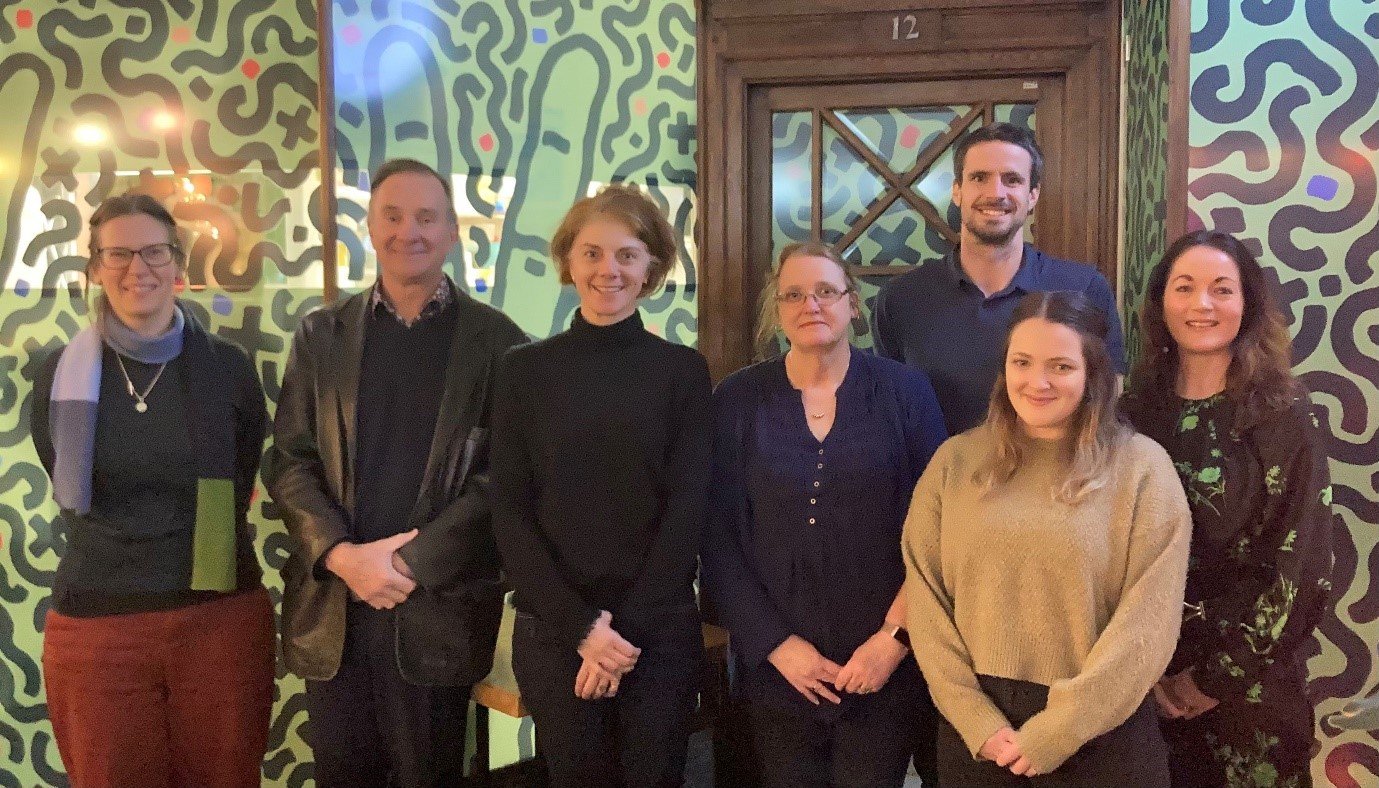Search
Meet our survey team and our survey reference group
Learn more about the Wesfarmers Centre of Vaccines and Infectious Diseases
To improve the health of the community through immunisation and prevention of infectious diseases, we are conducting clinical trials of vaccines.

The CHIP Study investigates how burn injuries in children affect their immune system.
Allergies have been on the rise in Australia over the past 20 years, with three out of every 10 babies born each year now developing a food-related
The year 2020 has been marked by possibly the greatest health challenge to face modern society. The emergence of COVID-19 as a novel human pathogen
Contact us If you'd like to get in touch, please contact us by phone or email. Phone: 0400 450 240 Email: vtg@thekids.org.au The Vaccine Trials Group
CMVictory: finding a vaccine for cytomegalovirus, a serious virus for unborn babies

Māori and Pacific governance groups discuss and inform study protocols and issues that have arisen during the study, particularly those pertaining to Māori and Pacific ARF patients and their whānau.

News & Events
Healthy and happy toiletingIn this blog, Occupational Therapist Ally Raphael offers tips for successful toilet training.
